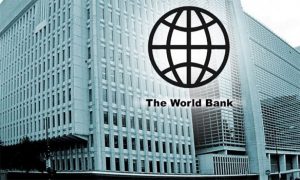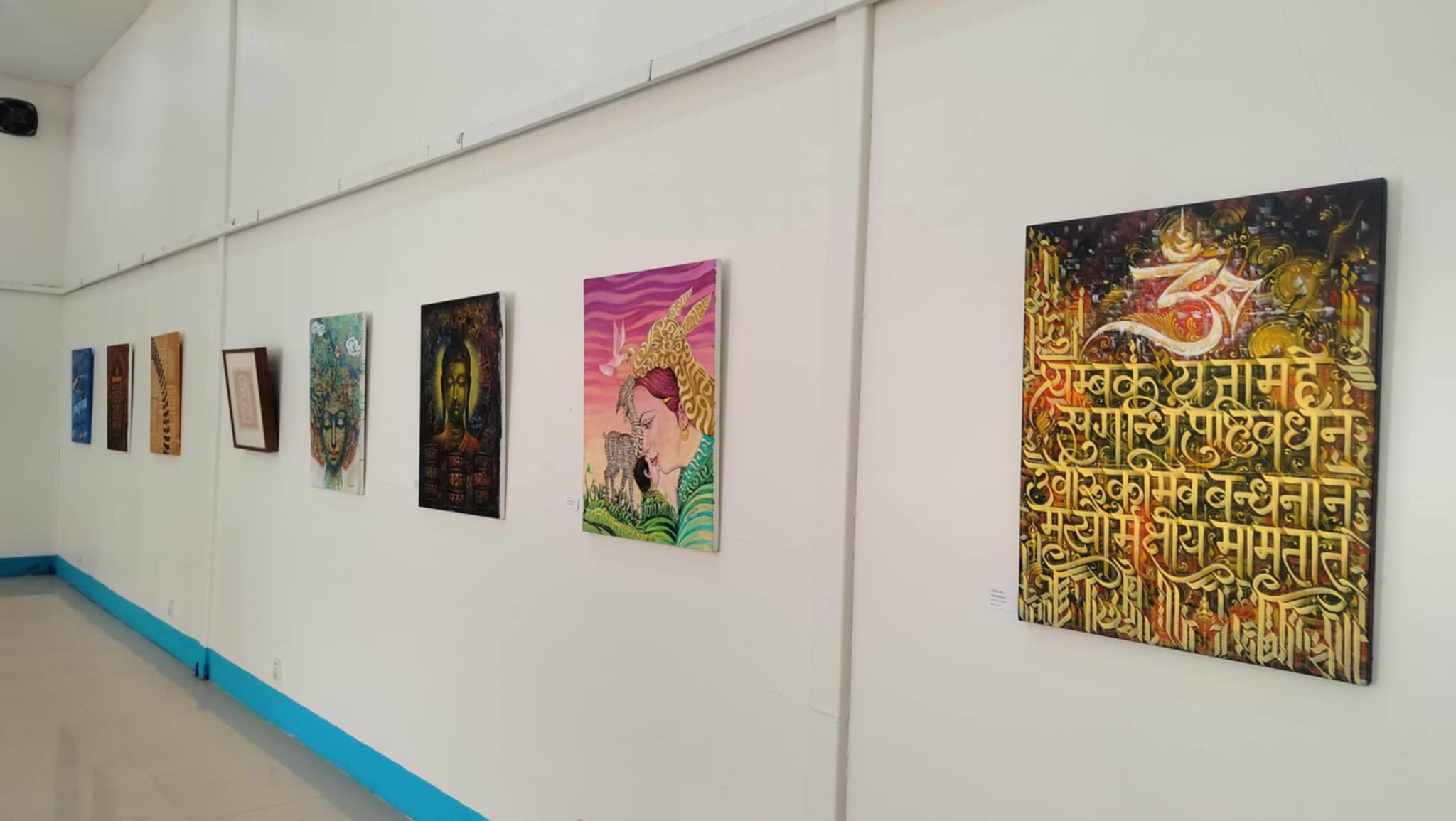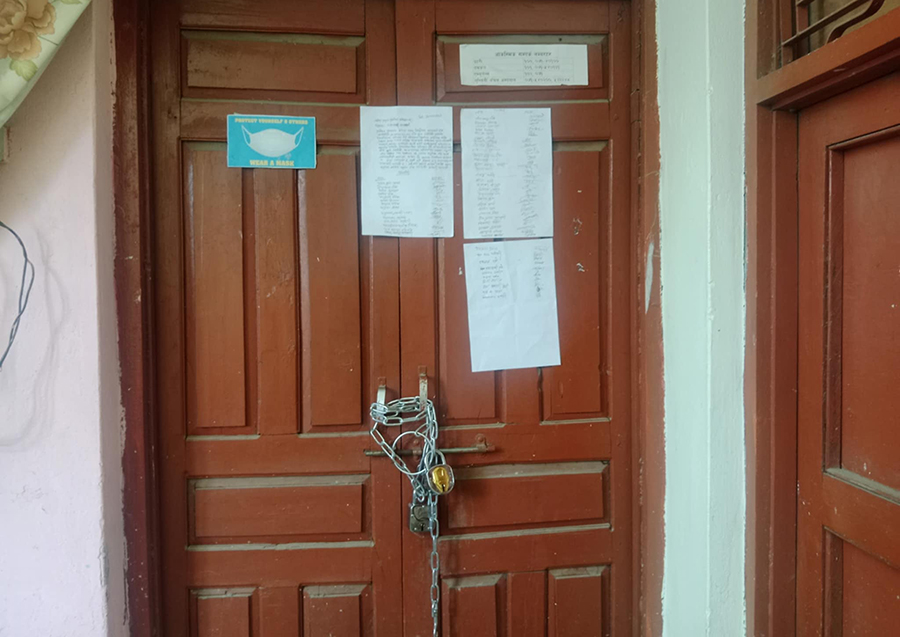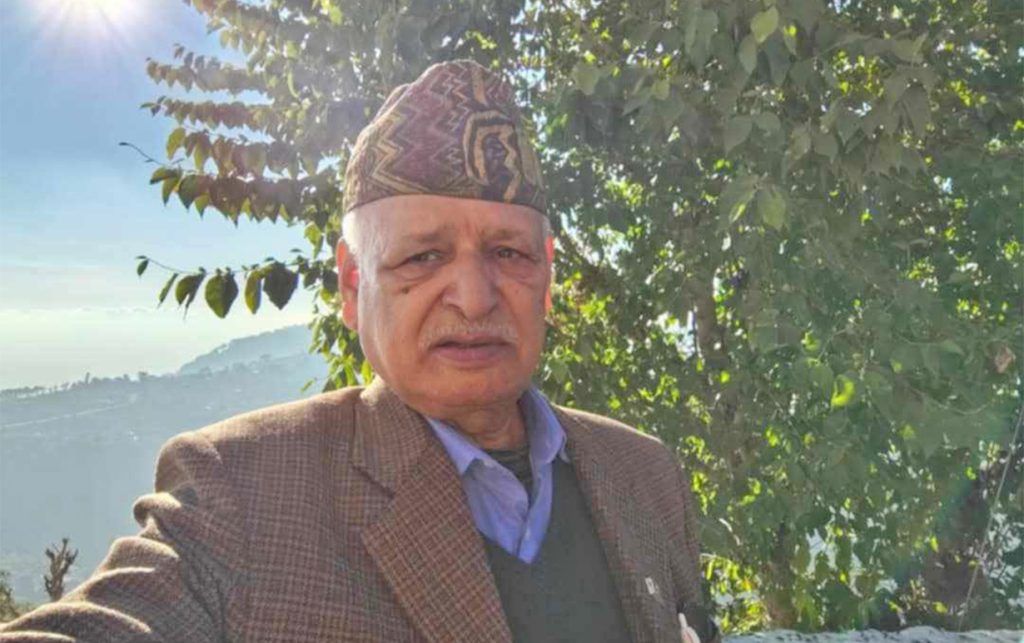
In a major breakthrough for neurological treatment in Nepal, Bir Hospital has successfully introduced Deep Brain Stimulation (DBS) and Spinal Stimulation procedures for treating Parkinson’s disease and epilepsy. The cutting-edge technology was launched on Sunday, with American neurosurgeons actively participating in the process, hospital officials confirmed.
Leading the week-long series of surgeries is Dr Rajiv Jha, a senior neurosurgeon, who stated that 20 patients are currently being prepped, with two already having undergone the procedure. He noted that patients have responded positively and are excited about the advanced treatment option.
What is Deep Brain Stimulation (DBS) and Spinal Stimulation?
DBS involves creating a small hole in the skull and implanting a thin electrical wire in the damaged area of the brain. This wire transmits electrical impulses from a battery, reactivating the affected brain region. The procedure is highly effective in treating Parkinson’s disease, epilepsy, essential tremors, depression, dystonia, obsessive-compulsive disorder (OCD), and other neurological conditions.
According to Dr Jha, DBS can significantly improve motor functions, helping patients control involuntary movements, such as hand tremors, muscle spasms, and body stiffness.
Similarly, Spinal Stimulation is a cutting-edge treatment for spinal deformities and severe back pain. It works by sending electrical pulses to the spinal cord, alleviating pain and reactivating nerve functions. Studies have even shown that in certain cases, paralysed individuals have regained mobility after undergoing spinal stimulation therapy.
A milestone in Nepal’s public healthcare system
While DBS surgeries have been performed in Nepal’s private hospitals, Bir Hospital became the first government institution to introduce the procedure last year.
This week’s surgeries mark a significant milestone, as renowned spine surgeons from the US have joined forces with local specialists to further enhance Nepal’s neurological treatment capabilities.
A ray of hope for patients with neurological disorders
“These new technologies are proving to be a lifeline for patients suffering from severe neurological conditions,” said Dr Jha. Unlike traditional surgeries, DBS does not require patients to be under full anesthesia—they remain awake during the procedure, allowing doctors to monitor real-time improvements.
Neurological disorders such as Parkinson’s, epilepsy, and tremors occur due to a shortage of dopamine, a chemical responsible for motor control. Aging or other factors can cause brain cells that produce dopamine to deteriorate, leading to movement disorders. While medications are available, they are not always effective for all patients.
High costs keep the treatment out of reach for many
Despite its life-changing potential, DBS remains a costly procedure. The implantable electrodes and battery pack are highly expensive, making the surgery financially inaccessible for many.
“Abroad, DBS surgery costs around Rs 3 million (USD 22,500), but at Bir Hospital, the cost is significantly reduced to Rs 1.4–1.5 million (USD 10,500–11,300), including equipment,” Dr Jha explained. However, for this one-week special program, patients are only required to pay for the surgery materials, while the procedure itself is free, thanks to the support of US medical specialists.
Government support could change lives
Dr Jha emphasised the urgent need for government subsidies to make DBS and spinal stimulation treatments accessible to lower-income patients. “If the government provides financial support, thousands of patients could regain their mobility and lead normal lives,” he stated.
Not suitable for all patients
While DBS has shown remarkable results, not every patient is an ideal candidate. “This treatment is most effective for patients who still respond to medication. However, for those who no longer react to medication, surgery may not yield significant results,” Dr Jha cautioned.
With the successful implementation of DBS and spinal stimulation, Nepal is taking a major step forward in neurological healthcare, offering new hope to patients suffering from chronic and debilitating neurological conditions.























